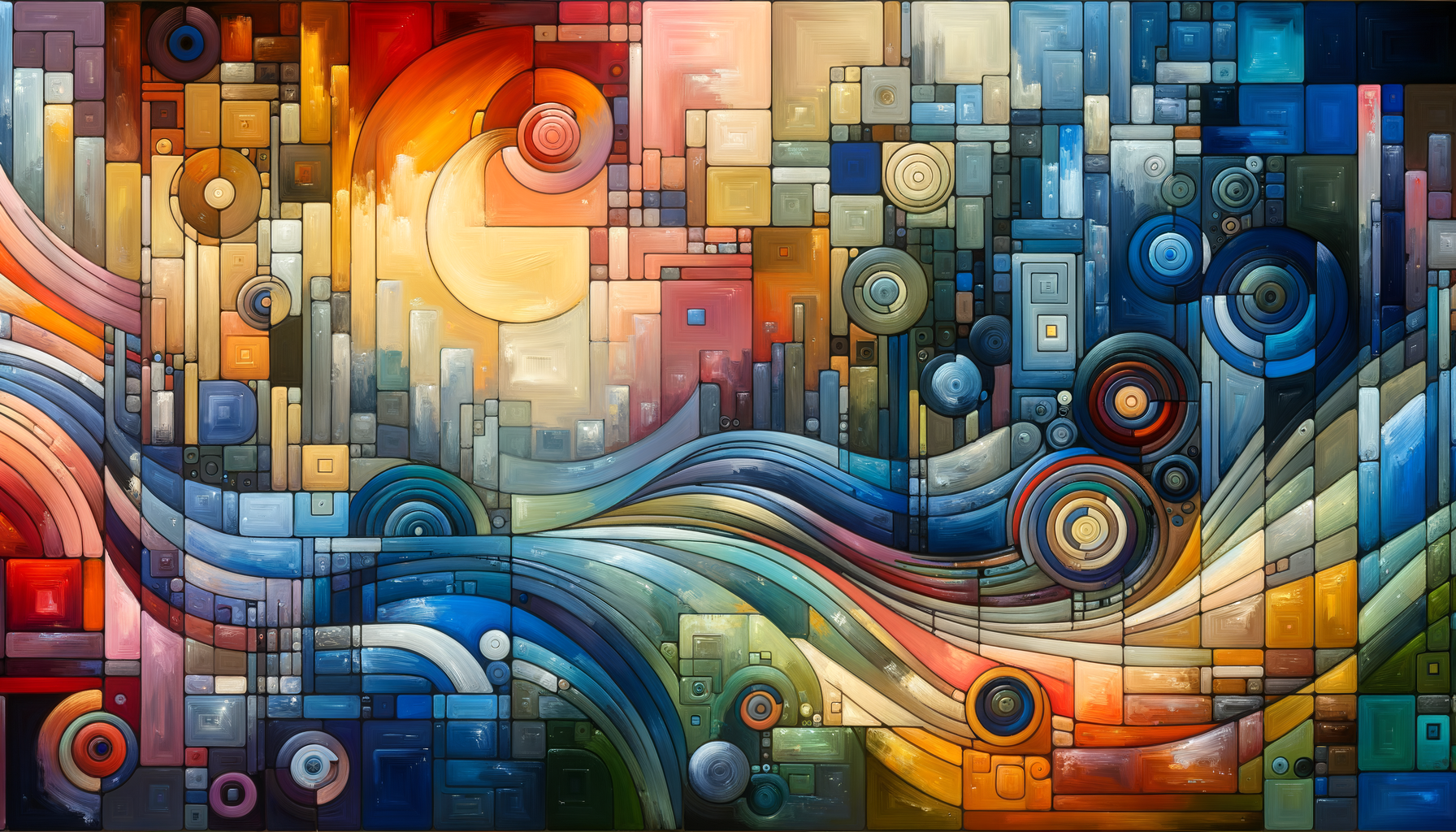The Scar That Tells a Story
We all have scars—the ones you can see and the ones you can’t. The gnarly one on my left knee from that ill-advised childhood attempt at inline skating down Mount Royal? Visible. The quieter ones left by exes who didn’t know how to love gently? Less so. But here's the thing about scars, literal or metaphorical—they’re storytellers in disguise. They might not always narrate a cozy fairy tale, but they tell a truth, a moment, a part of who we are. And in love, especially, scars have a way of shaping how we show up for others.
So, let’s peel back those Band-Aids (metaphorically, please) and look at what our scars reveal about us—and how they can help us forge deeper, more meaningful connections.
Chapter One: The Anatomy of a Scar
The year I turned twelve, my best friend Mélanie dared me to race down a gravel path on our rollerblades. Predictably, the laws of gravity handed me a spectacular wipeout. For weeks, my knee swelled to knee-pad-size proportions, leaving behind a jagged pink scar that still greets me when I slip into summer shorts. To this day, it’s the kind of thing strangers at a party point out just before asking, “Ouch, what happened?”
Scars get attention because they’re evidence of survival. They say, “This person has lived through something.” And let’s be honest, love and dating are just extended versions of this—a whole lot of emotional wipeouts and the occasional swelling sensation (in our hearts, thank you).
When I think of past relationships, I see similar scars. There’s my Mel Gibson of an ex-boyfriend—passionate but prone to bad decisions (he once “borrowed” a canoe from a cottage dock, claiming "finders keepers"). Or the university flame whose aloof French New Wave vibe had me utterly convinced he hated me, making me want his approval even more. Those stressful, messy entanglements left their mark. These love scars might not be visible, but they remind me of what I want, what I can live without, and when to trade passion for stability.
Scarring Lessons in Love:
Next time you find yourself reflecting on a relationship wound, ask:
- What did this moment teach me about my boundaries?
- What patterns or red flags am I finding? (Trust me, if three exes in a row are “spontaneously borrowing” boats, call it a niche red flag and act accordingly.)
- Who am I now because of it?
Chapter Two: Scars Don’t Always Mean Trauma
Let’s take a detour from heartbreak and grazed knees for a second. Imagine a kintsugi bowl. You know, those Japanese ceramics repaired with gold, making the cracks part of the design rather than flaws to hide? That’s what our scars are. Proof of resilience. In fact, stories of imperfection can make us—dare I say it—attractive.
Ever told someone on a first date about the time you accidentally called your professor “Mom”? They laugh, they feel connected, they understand you’re a little messy but genuinely human. That same dynamic can work on deeper levels when you share scar stories. “This is a scar from a surgery I had when I was eight,” or, “This is what happened when I fell for someone who couldn’t meet me halfway.” Scars acknowledge our past and help someone else see their place in our present.
Back in my Paris days, I dated a guy whose chef ambitions were matched only by his willingness to share how being waitlisted for culinary school made him obsessively improve his skills. His confession gave him depth, but more than that—it made me want to lean in, taste his journey, and maybe, hopefully, be part of it. Sharing his ‘scar’ was vulnerability on a platter.
Key Takeaways for Vulnerable Charm:
- Be honest but not overbearing. Not every scar story works as a lead-in for a second date. Learn to gauge timing. (“More wine? Remind me to tell you about the appendix surgery from hell!” Does. Not. Work.)
- Let your scars frame your growth, not just your pain. It’s not just that you had a breakup—it’s what you learned about yourself from it.
- Ask about theirs. When you open up, it invites a “me too” moment. “That reminds me of the time when I…” builds a bridge.
Chapter Three: The Funny Side of Scars
Quick confession: I once broke up with a guy because every story he told somehow turned into an “I got hurt” saga. Two weeks in, I was intimately familiar with his full medical history, including the chipped tooth (“Bar fight? No, it was a cricket bat accident”) and the dislocated shoulder (don’t ask).
What I learned: scars are fascinating, yes—but there’s a fine line between sharing and oversharing. For every kintsugi bowl, there’s a person rocking a metaphorical “I survived ski camp” badge like a personality trait.
But humor can do wonders when we’re sharing our own scars. Think of Taylor Swift—half her career is writing ballads about her emotional scarring, but they’re self-aware and often playful. If Tay can turn heartbreak into a No. 1 single, maybe you can work your old relationship woes into something less heavy and more hey-this-is-me.
How to Lighten the Load:
- Frame the scar as a punchline, not a pity plea. “That ex left me with trust issues, but on the bright side, I’m fluent in overanalyzing texts now!”
- Laugh at the learning curve. “The scar on my arm is from the time I thought peeling potatoes involved speed. It does not.”
- Keep it brief. There’s a difference between humor and hijacking conversation for your trauma TED Talk.
Chapter Four: Embrace Your Love Map
I read somewhere (possibly while procrastinating on Pinterest) that scars are like a map of a person’s life. And boy, does that resonate. My Montreal-to-Paris love map is drawn with crossings-out and messy detours, and that’s fine. Some cities stay close to your heart, even if they weren’t your final destination. Some people leave imprints on you, even if they weren’t your forever person.
Whether it’s a heartbreak scar or the literal lump on your foot from THAT bad pair of heels, your scars tell a story only you can author. They’re proof you’ve shown up for your life—even when it absolutely knocked you down.
Final Words to the Wounded-but-Winning:
Life isn’t about keeping your skin (or your heart) unblemished. It’s about wearing your scrapes, tears, and yes, scars, as badges of experience. So, embrace your stories—the bad dates, the healed wounds, the Frankenstein stitches on your shin—and share them. Scars don’t make you less. They make you whole.
After all, who wants a life without a few plot twists?




















